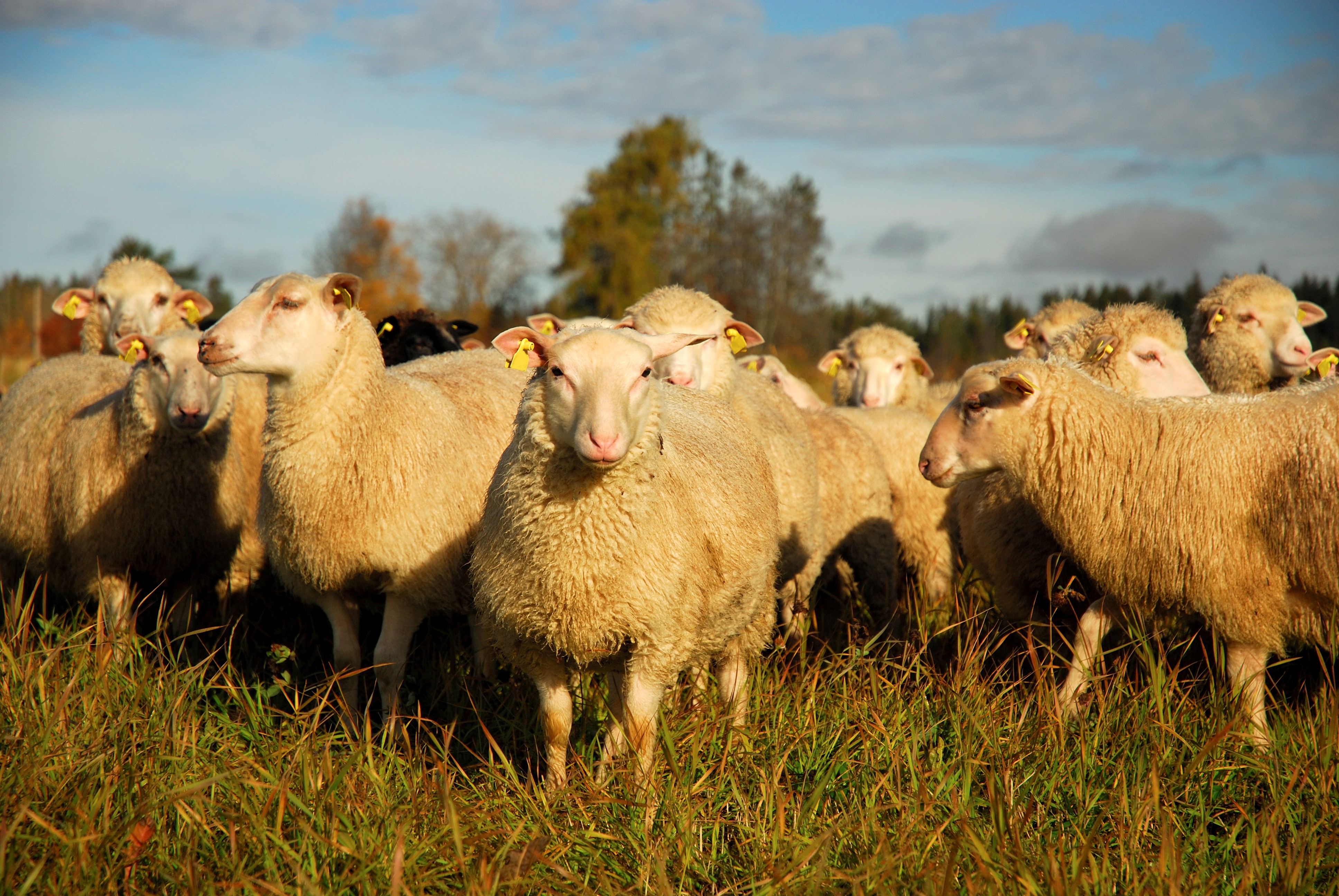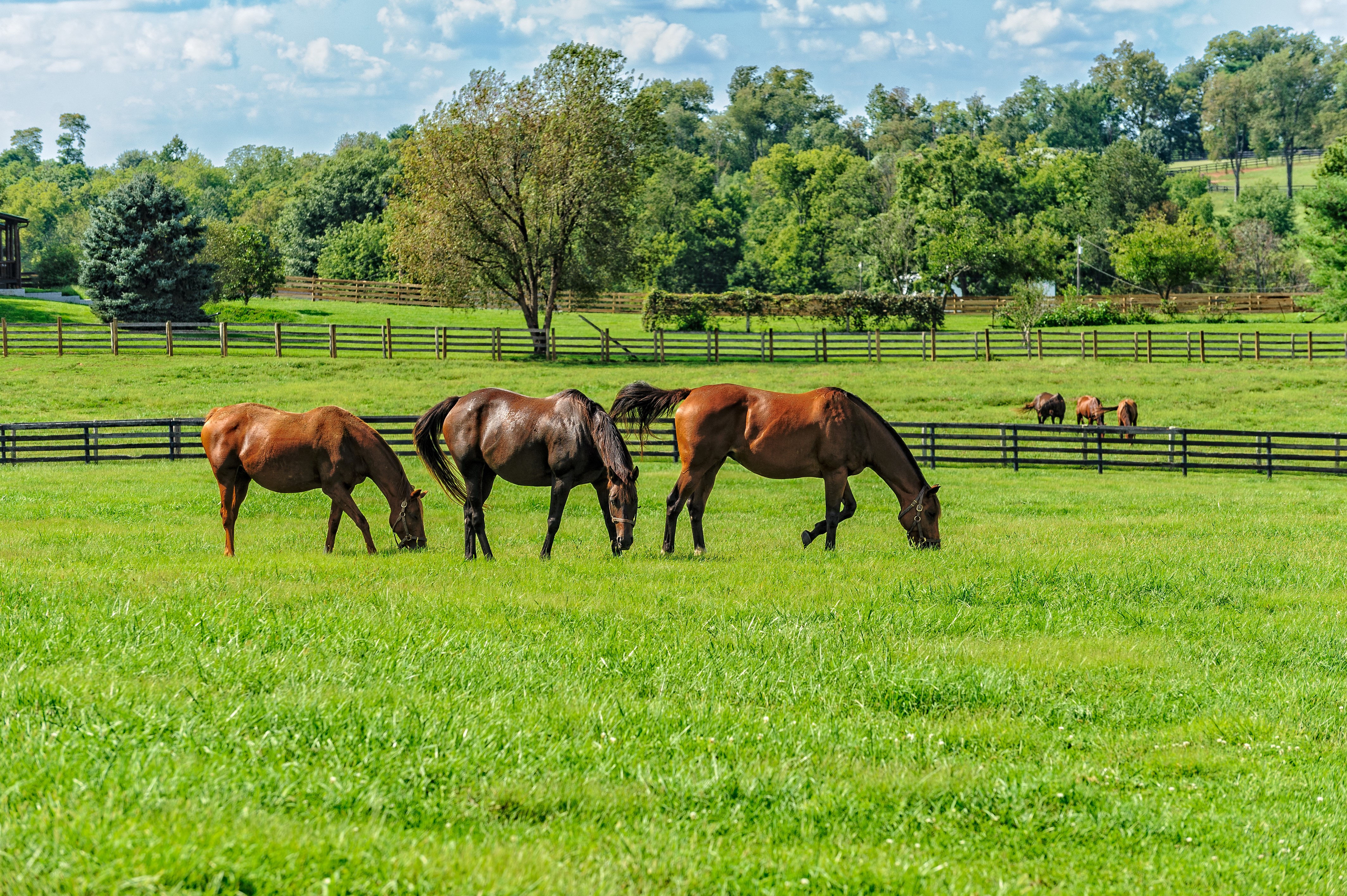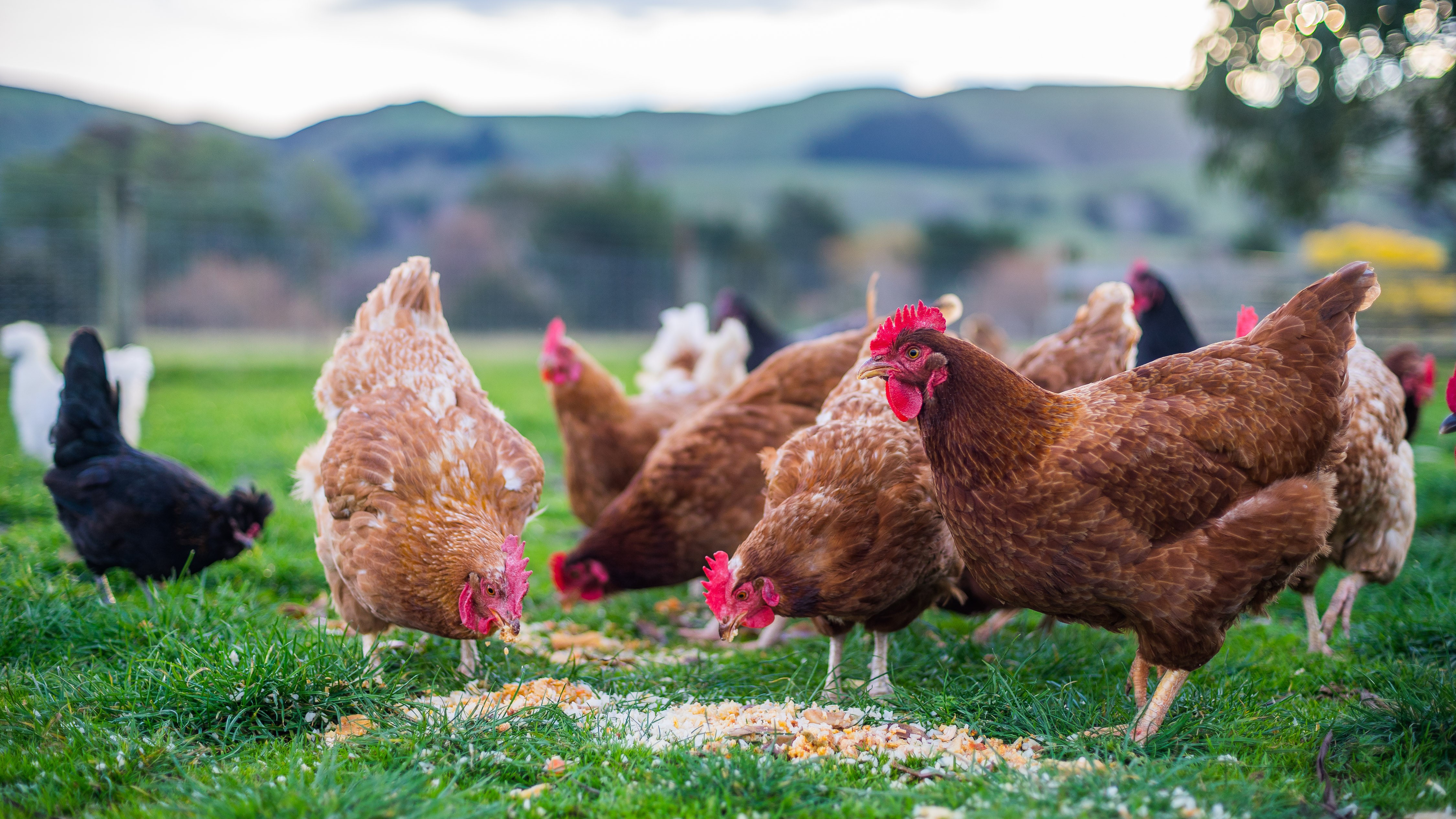Acorn Toxicity
Over the past few weeks the Reginal Veterinary Laboratories have seen a few cases of acorn / oak toxicity leading to death. While these cases have been seen in sheep, acorns are also toxic to cattle and horses.
This year is what is called a ‘mast year’ meaning that certain types of trees have produced a bumper crop of fruit or nuts. While the definitive reason for a mast year occurring is not known it is thought that this allows for survival of future generations of trees. In the case of the oak trees this has resulted in bumper crops of acorns. In addition to this recent stormy and windy conditions have caused mass falling of these acorns, along with leaves being shed and some branches falling also given our livestock easy access to them.
Acorns and other parts of the oak tree contain phenols and tannins, which if consumed, can be toxic to ruminants and horses leading to a variety of clinical signs. These toxins can effect the alimentary, renal and hepatic systems. Clinical signs are normally seen between 3 – 7 days after the ingestion of acorns or oak leaves or branches, these may include:
- Anorexia
- Abdominal pain
- Constipation
- Black tarry faeces
- Polyuria / polydipsia
- Haematuria
- Icterus
Acutely affected animals can die within 24 – 72 hours, while those that survive past this stage lose weight and become chronically ill, failing to thrive.
It is advised that pasture under oak trees is restricted to grazing livestock during the acorn harvest, especially following windy or stormy conditions which would have resulted in an increased volume of fallen acorns, leaves and branches. This can be done by fencing a reasonable distance out from these trees.
If you are concerned that your livestock may be affected by acorn / oak toxicity please contact you local private veterinary practitioner for advice.






